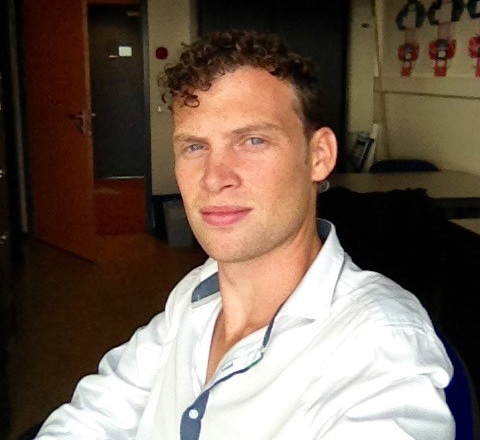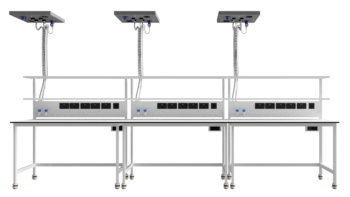
Dr Rochford blogs and shares his publication portfolio on www.etjrochford.com.
Have you always had an interest in the sciences?
Yes definitely, I’m a bona fide nerd and proud.
What first sparked an interest in the sciences?
Growing up in the English countryside, I was exposed to the wonders of nature from a very young age. Learning the names of the birds, understanding why the seasons change, and watching the rain run down the window was where it all started. As soon as my curiosity developed, I was hooked.
Were any individuals particularly influential in your formative years in the sciences?
I had a wonderful Biology teacher at secondary school, Dr Robson. She was a great ambassador for science, she made being a nerd totally acceptable, and was someone I looked up to.
When did a career in the sciences first strike you as a possibility?
Once I realised that being a train driver wasn’t as fun as it looks, I decided that I wanted to be a marine biologist. This was when I was about 12 years old. I’ve taken a few twists and turns on the way, but I knew that science was what I wanted to do.
What do you enjoy most about working in science?
I enjoy challenging myself to explain things and understand how things work. I also love how the more you learn, the more puzzles and mysteries you find that need solving. It’s addictive.
Do you have any advice for youngsters with scientific aspirations?
Most importantly, never stop being curious, asking questions, and testing new ideas. More practically, get involved with science as best you can and try out different things. Ask your teachers if they know of any local companies with whom you can do work experience, or any competitions for budding scientists. If you can’t find anything in your area, start something. If you’re more of a thinker than a doer, make a blog and write some articles. There are so many careers and pathways in science, that if you enjoy learning and unravelling the mysteries of the universe, there will be a career for you.
If you weren’t professionally involved with the sciences, what career path would you follow?
Probably an artist, whether I’d be successful or not is another question!
And would you ever leave science?
I hope to retire one day! But I’ll never stop asking questions and trying to unravel the mysteries of the universe. I may not work always work in science, but I’ll always be a scientist.
InterFocus is a leading manufacturer and supplier of commercial laboratory furniture. For help creating a cutting-edge and forward-thinking research environment for your team, visit the InterFocus homepage or call the dedicated team on 01223 894833.



